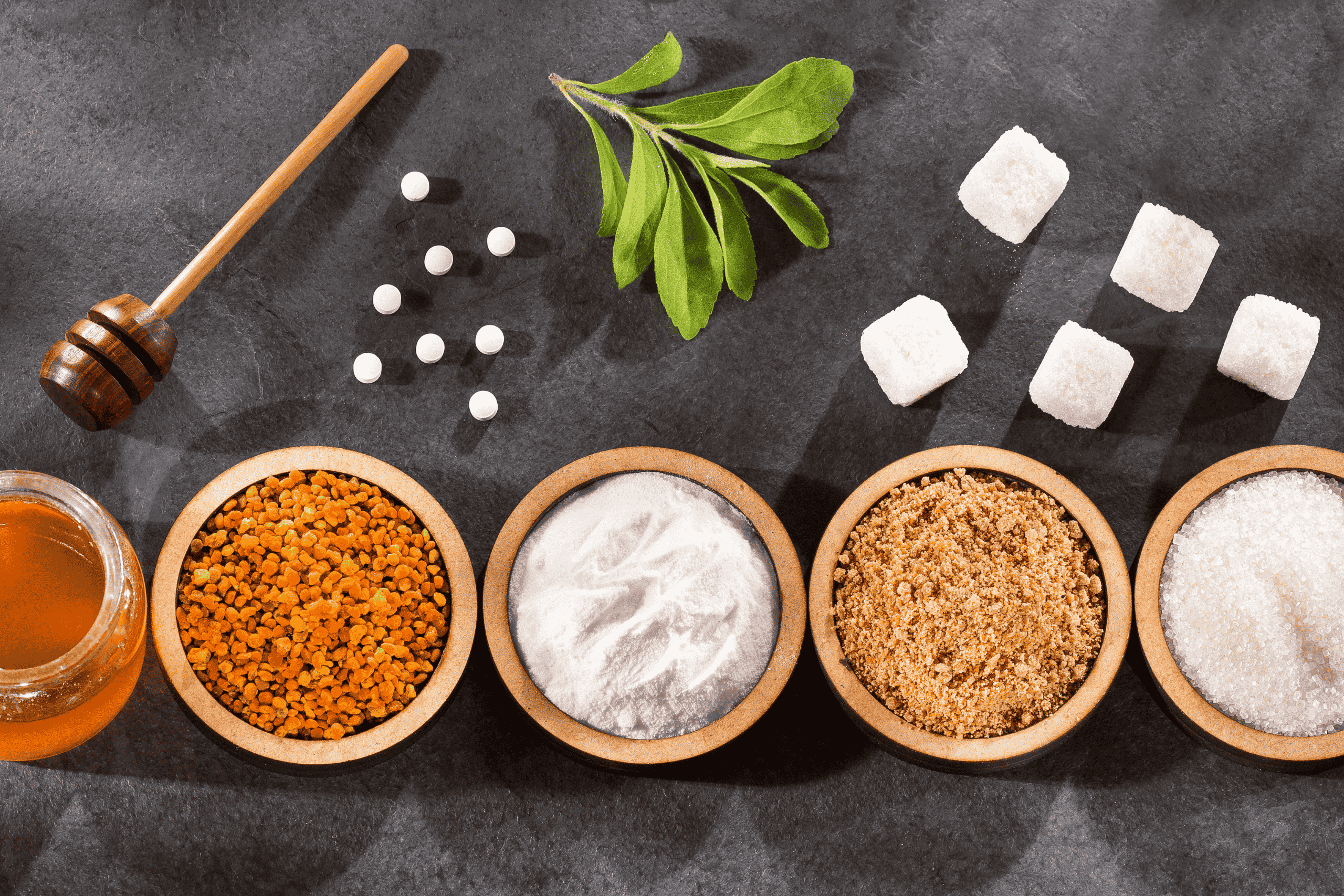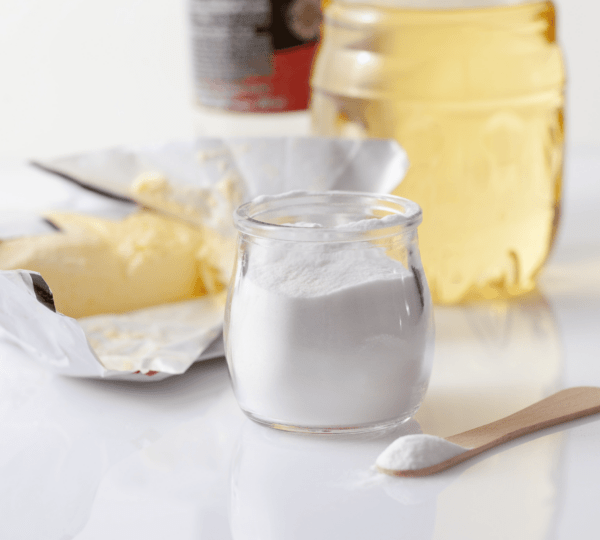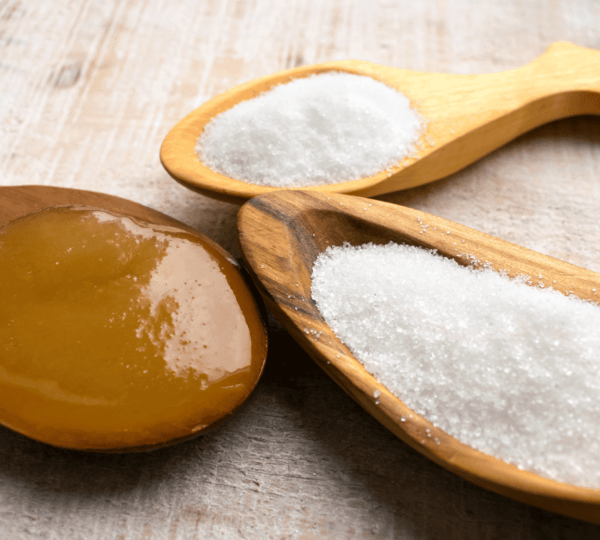
The Truth About Artificial Sweeteners: Are They Really Healthy?
It was a typical Saturday afternoon when my friend Martha realized her wallet was missing. She had left the house for grocery shopping but ended up visiting the mall, browsing through stores, and grabbing a quick coffee. It wasn’t until she picked up her bags to leave that she discovered she had lost her wallet. Panic set in as she retraced her steps—was it at the grocery store, the fitting room, or the café? She had been so focused on convenience, tapping her card without a second thought, that she hadn’t even noticed when her wallet slipped from her bag. Hours later, she called me, frustrated and worried, but just as we were brainstorming what to do next, her phone rang. A kind stranger had found her wallet and was returning it with everything intact.
A few weeks later, when we met at a restaurant for lunch, I caught her staring at the sweetener on the table. Curious, I asked if she wanted to use it, but she explained that her lost wallet experience had made her rethink how easily she trusted things without a second thought. Just like she had assumed her wallet was safe in her bag, she used to assume artificial sweeteners were a harmless alternative to sugar. But after reading more about them, she started questioning whether they were really as healthy as they seemed. This led us into a conversation on artificial sweeteners. Are they truly a better choice, or is there more to the story? Let’s take a closer look at the truth behind them.
What Are Artificial Sweeteners?
Artificial sweeteners are sugar substitutes that mimic the taste of sugar but contain little to no calories. They are widely used in diet sodas, sugar-free gum, protein bars, and even medicines. The most common ones approved by the U.S. Food and Drug Administration (FDA) include:
- Aspartame (Equal, NutraSweet)
- Saccharin (Sweet’N Low)
- Sucralose (Splenda)
- Acesulfame potassium (Sunett, Sweet One)
- Stevia (a natural-based sweetener but still processed)
These sweeteners are often marketed as a solution for weight loss, diabetes management, and a healthier lifestyle. But are they really as beneficial as they seem?
The Health Debate: Are Artificial Sweeteners Safe?
1. Artificial Sweeteners and Weight Loss: Friend or Foe?
One of the biggest selling points of artificial sweeteners is their zero-calorie appeal, making them popular among dieters. However, research suggests that they may not be as helpful for weight loss as once thought.
A 2017 study published in CMAJ (Canadian Medical Association Journal) found that artificial sweeteners were linked to weight gain, not loss, in some cases. Researchers noted that people who consumed them regularly tended to have increased cravings and ended up eating more.
The gut-brain connection also plays a role—when the body expects sugar but doesn’t receive real calories, it may trigger hunger and lead to overeating.
2. Impact on Blood Sugar and Diabetes
For diabetics, artificial sweeteners seem like a great alternative, but their effects on blood sugar levels are still debated.
According to a study in Nature, some artificial sweeteners can disrupt gut bacteria, leading to glucose intolerance.
On the other hand, the American Diabetes Association (ADA) maintains that sugar substitutes can be part of a balanced diet when used in moderation.
Dr. Robert Lustig, a professor of pediatric endocrinology at the University of California, argues that artificial sweeteners trick the brain and may contribute to insulin resistance over time.
3. Gut Health and Artificial Sweeteners
Your gut microbiome (the trillions of bacteria in your intestines) plays a crucial role in digestion, immunity, and even mental health. Some artificial sweeteners, especially sucralose and saccharin, have been shown to alter gut bacteria negatively.
A 2022 study in Cell found that saccharin and sucralose caused significant shifts in gut microbiota, which could impact metabolism.
Some people also report bloating, gas, and digestive discomfort after consuming sugar substitutes.
4. Are Artificial Sweeteners Linked to Cancer?
This has been one of the most controversial topics.
Early studies in the 1970s linked saccharin to bladder cancer in rats, leading to public concern. However, further research showed that these findings did not translate to humans, and saccharin was removed from the list of potential carcinogens.
According to the National Cancer Institute, current evidence does not support a direct link between artificial sweeteners and cancer in humans.
However, moderation is still key, as long-term studies are ongoing.
Are Natural Sweeteners Better?
For those looking to cut sugar without artificial alternatives, natural sweeteners may be an option:
- Stevia – A plant-based sweetener with zero calories, but some studies suggest it may lower blood pressure.
- Monk Fruit – Another natural zero-calorie sweetener that doesn’t seem to impact blood sugar levels.
- Honey & Maple Syrup – More natural than refined sugar but still high in calories.
Even with natural sweeteners, moderation is crucial.
The Verdict: Should You Use Artificial Sweeteners?
The truth about artificial sweeteners is nuanced. While they can help reduce calorie intake in the short term, they may not be the magic bullet for weight loss or health.
Pros:
- No calories
- May help reduce sugar intake
- Can be beneficial for diabetics in moderation
Cons:
- May increase cravings
- Can disrupt gut bacteria
- Uncertain long-term effects
If you consume artificial sweeteners, it’s best to do so in moderation and be mindful of other lifestyle choices.
Tips for Consuming Artificial Sweeteners
If you decide to use artificial sweeteners, here are some practical tips:
- Read Labels Carefully – Pay attention to which sweeteners are used in your foods and drinks.
- Moderate Consumption – Don’t over-rely on them; balance is key.
- Listen to Your Body – If you experience digestive issues or cravings, reconsider your intake.
- Try Natural Alternatives – Stevia, monk fruit, or small amounts of honey can be better options.
- Consult a Health Professional – If you have concerns, seek advice from a doctor or nutritionist.
Final Thoughts: Choose Wisely
Just like Martha learned that convenience isn’t always the best option when she lost her wallet, we should be cautious about convenient food choices. Artificial sweeteners may seem like an easy fix, but they come with their own set of risks.
The key is balance—if you choose to use them, do so in moderation and prioritize whole, unprocessed foods whenever possible.
References
- Azad, M.B., et al. (2017). “Artificial sweeteners and weight gain: A review of evidence.” CMAJ.
- Suez, J., et al. (2014). “Artificial sweeteners induce glucose intolerance by altering the gut microbiota.” Nature.
- Lustig, R. (2020). Metabolical: The Lure and the Lies of Processed Food, Nutrition, and Modern Medicine.
- National Cancer Institute. “Artificial Sweeteners and Cancer: Questions and Answers.”
- Cell Research Study on Gut Microbiota and Sweeteners (2022).
Related posts:
 Beyond Weight Loss: How 2025’s Top Diets Improve Overall Health and Longevity
Beyond Weight Loss: How 2025’s Top Diets Improve Overall Health and Longevity
 5 Best Diets of 2025: Comprehensive Guide to Sustainable Weight Loss
5 Best Diets of 2025: Comprehensive Guide to Sustainable Weight Loss
 The Ultimate Gen Z Guide to Treating Skin Concerns in 2025: Skincare That Actually Works
The Ultimate Gen Z Guide to Treating Skin Concerns in 2025: Skincare That Actually Works
 The Best Halloween Movies of All Time: Must-Watch for a Spooky Season
The Best Halloween Movies of All Time: Must-Watch for a Spooky Season









